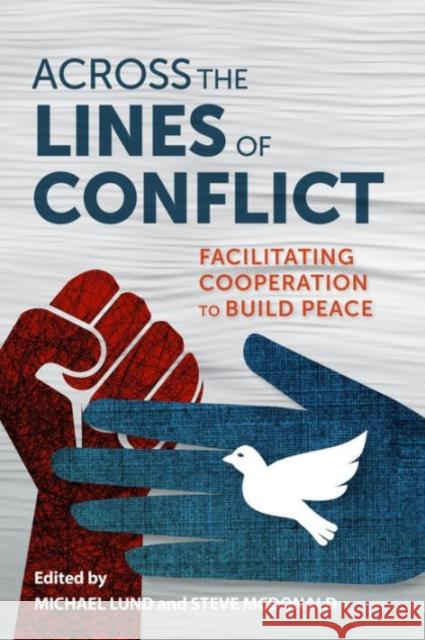Across the Lines of Conflict: Facilitating Cooperation to Build Peace » książka
Across the Lines of Conflict: Facilitating Cooperation to Build Peace
ISBN-13: 9780231704502 / Angielski / Twarda / 2015 / 448 str.
Through a comparative analysis of six case studies, this volume illustrates key conflict-resolution techniques for peacebuilding. Outside parties learn how to facilitate cooperation by engaging local leaders in intensive, interactive workshops. These opposing leaders reside in small, ethnically divided countries, including Burundi, Cyprus, Estonia, Guyana, Sri Lanka, and Tajikistan, that have experienced communal conflicts in recent years. In Estonia and Guyana, peacebuilding initiatives sought to ward off violence. In Burundi and Sri Lanka, initiatives focused on ending ongoing hostilities, and in Cyprus and Tajikistan, these efforts brought peace to the country after its violence had ended.
The contributors follow a systematic assessment framework, including a common set of questions for interviewing participants to prepare comparable results from a set of diverse cases. Their findings weigh the successes and failures of this particular approach to conflict resolution and draw conclusions about the conditions under which such interactive approaches work, as well as assess the audience and the methodologies used. This work features research conducted in conjunction with the Working Group on Preventing and Rebuilding Failed States, convened by the Wilson Center's Project on Leadership and Building State Capacity.










